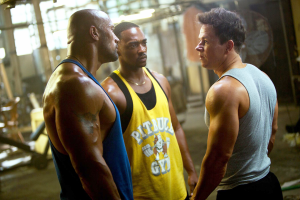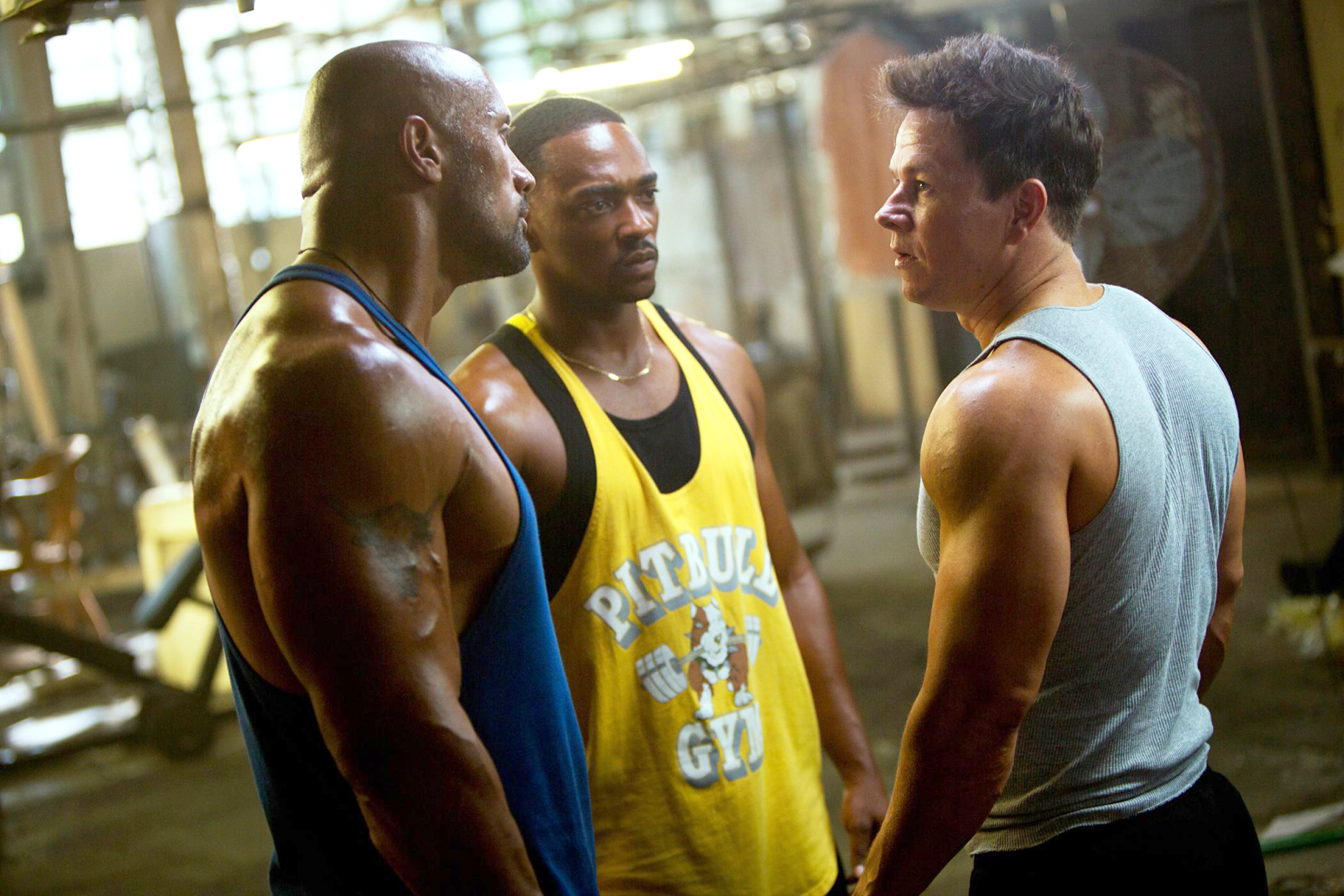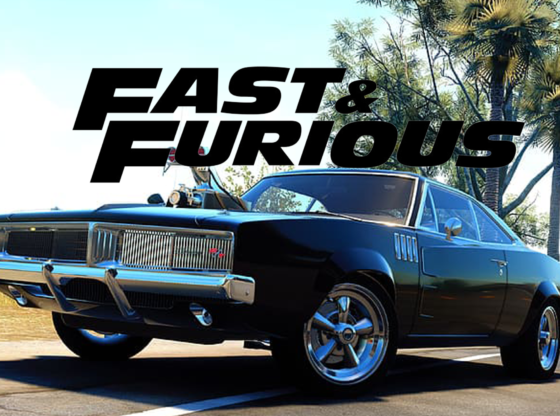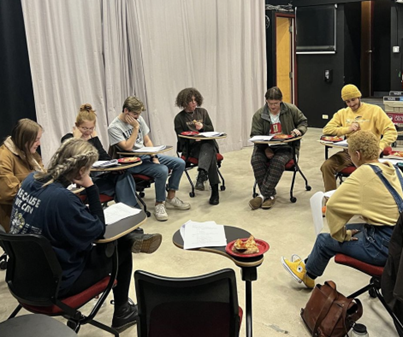
“All this began because it was time to push myself harder, otherwise I was looking at another forty years wearing sweatpants to work.” So says Daniel Lugo (Mark Wahlberg, “The Fighter”), at the very beginning of “Pain & Gain.” If this movie were not based on a true story, it would probably not be worth watching. It is, in fact, a true story of events which occurred in Florida in 1995.
Set against the backdrop of male bodybuilding as the epitome of self-improvement, “Pain & Gain” follows three men in their quest for the trademark self-indulgent Miami lifestyle. Wahlberg is joined by Dwayne “The Rock” Johnson (“G.I. Joe: Retaliation”) as Paul Doyle and Anthony Mackie (“The Hurt Locker”) as Adrian Doorbal, two accomplices who follow Lugo as he attempts to steal millions from local corrupt tycoon Victor Kershaw (Tony Shalhoub of “Monk”).
The three men hatch a plot to kidnap the local millionaire and force him to sign over all of his assets into their names, but when things do not go according to plan, Lugo, Doyle and Mackie quickly devolve into acts of crime, each of which surpasses the last in cruelty.
The logic behind all of Lugo’s actions is that “he deserves it.” Obsessed with self-help speakers and the motto “are you a do-er or a don’t-er,” “Pain & Gain” speaks to a twisted version of the American dream of the self-made man. The lost souls of the film are merely trying to make sense of a world which has wronged them and create their own future, but in the case of Lugo and his pals, the “do-er” motto seems to refer to drugs, booze and sex more than anything else. The question driving the whole film is: Where will they draw the line?
In advertising, “Pain & Gain” is presented as part Hangover-esque tale of male debauchery and part revenge story. No doubt fans of Michael Bay, the film’s director, or Zack Snyder will be attracted to the almost music video style of “Pain & Gain.” However, take this as an official warning: You should walk in with an empty stomach. This movie will certainly be a bit too much for the faint of heart.
“Pain & Gain” is built from the ground up with non-stop action and violence. A Bay movie to the core, it comes complete with the trademark scene of muscled-up men walking away as explosions go off behind them.
But “Pain & Gain” is more than an action movie; it is a tale of the ultimate escalating tailspin, where everything that could possibly go wrong does. It is a story of shattered bones and broken sanity. It has all the car chases one would expect from a Bay film (whose past credits include the “Transformers” franchise), but while some movies have edge, “Pain & Gain” is nothing but edges.
Audiences should be prepared to watch torture in action, lost limbs, lots of hard drug use and offensive religious and sexist attitudes. Even frequent patrons of violent movies will be shocked and appalled. The violence here is not like a Tarantino film—there is no irony attached. The worst part about the blood-and-guts scenes in “Pain & Gain” is that they are believable and that the participants carrying out these horrible acts obviously get a thrill out of their own misbehavior.
Lugo, Doyle and Doorbal are acting out chauvinism incarnate. These overconfident uber-males take the male stereotype to such extremes that it comes full circle and winds up making a mockery of self-involved and ignorantly hateful criminals. The soundtrack—filled with classic ‘90s music from the time the movie is set, such as Coolio’s “Gangsta’s Paradise”—only adds to the impression of pseudo-male bonding and egotism.
While not a poorly made movie, the filmmakers could have improved the Lugo story considerably by implying the violence instead of showing it. Some out-of-place comedic elements also divert from the main goal of the film—to shock and awe. Rebel Wilson (“Pitch Perfect”) plays Doorbal’s wife and seems to be the only sane one in the story.
The makers of “Pain & Gain” tried to make it both a show of manly strength and a tale of caution of morality, and these two elements just do not mix, much in the way that the many voiceover narratives divert attention from where it should be focused—on how appalling these actions are.
The upside to “Pain & Gain” is that it gives you a glimpse inside the heads of these nefarious characters, so that you might better understand—though you probably will not comprehend—their actions. The human emotion here is genuine but seems to be missing something, as if the characters are not even fully aware of themselves. In general, the acting is very well done, which only makes the story more unsettling. This is not an Oscar-worthy performance but Wahlberg, Johnson and Mackie all commit themselves fully to their roles.
The film also goes on for far too long.If Bay were to cut out the slow-motion sequences of Wahlberg getting hit by cars with a surprised look on his face it could cut at least 20 unnecessary minutes from the movie. The 130 minutes drags by and is hard to watch.
By the end, audiences will be relieved the experience is over—which could actually be a sign of success for the filmmakers. If the goal was to blow viewers away, Bay accomplished the task, though perhaps not for the intended reasons. The morality of the story gets a bit buried and hidden beneath layers of gore. As it is, though, fans of true crime will certainly find their fix here.











